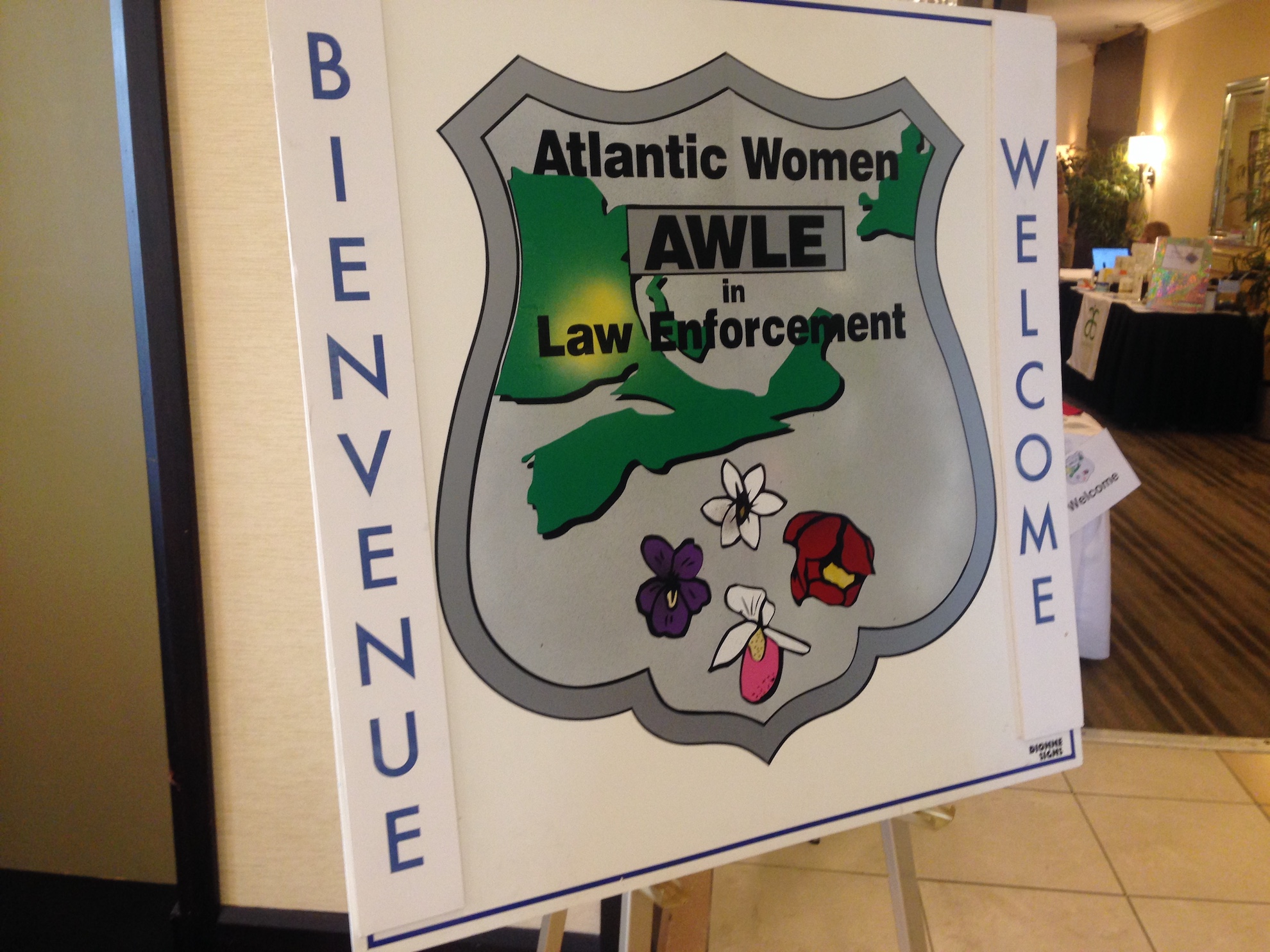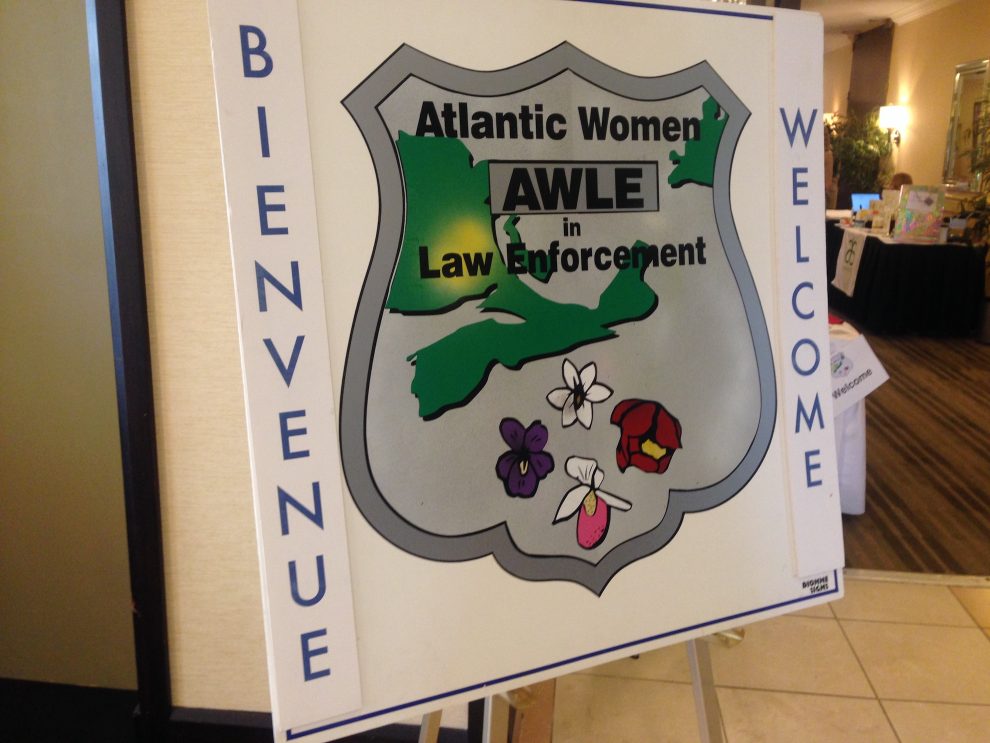Policing
Conference targets issues faced by women in law enforcement
'We have never looked back'

caption
This year's Atlantic Women in Law Enforcement conference drew the largest crowds the organization has seen.
caption
This year’s Atlantic Women in Law Enforcement conference drew the largest crowds the organization has seen.Author and journalist Janice Landry points out a common link between first responders and others who deal with trauma: “You don’t talk about a lot of stuff.”
Landry was the keynote speaker at the 24th annual Atlantic Women in Law Enforcement training conference in Halifax, and her talk touched on mental health issues faced by people in different areas of law enforcement.
The conference opened at the Atlantica Hotel on Wednesday, and aims to create a healthy work environment for women working in all branches of law enforcement, including peace officers and prison workers. This year’s conference attracted about 150.
The theme of the conference is “change, challenge, opportunity,” says organization president Sgt. Carolyn Nichols.
Nichols says the conference began in 1992, “when a group of female officers met together to explore issues facing them in the policing environment.”
“Atlantic Women in Law Enforcement was formed,” Nichols says, “and we have never looked back.”
The conference focused on innovation, diversity, and mentorship among women in the law enforcement profession. The conference featured speakers on topics such as leadership, radicalism, and mental health.
“I must say, I feel particularly safe in this room this morning,” said Halifax Mayor Mike Savage, who addressed the gathering.
Landry says her late father, a firefighter, rarely spoke to her about his experiences, a common thread among people in law enforcement who face trauma.
Landry, the author of three books, focused on first responders and the mental health issues of those affected by trauma.
During her talk, Landry described the work she did after her father’s death, piecing together his life as a first responder and the actions that earned him a Medal of Bravery.
Landry talked about going through her father’s belongings after he died, finding a box with “all kinds of news clippings, photographs, my dad’s medal, and all the stuff that he never showed anybody.”
Basil Landry and his team of first responders rescued an eight-week-old child from a burning house in Halifax in 1978.
“You are the people who run toward the emergency while everybody else runs away,” Landry said.

